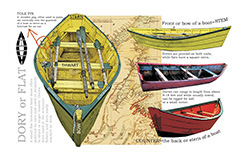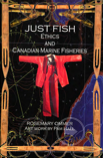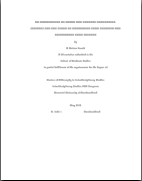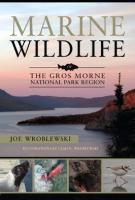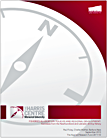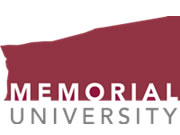Dr. Barbara Neis, sociologist and Principal Investigator with the Community - University Research for Recovery Alliance, has been featured in the online publication Face Forward at Memorial University. Hear what she has to say about the CURRA and the real value of Newfoundland and Labrador's fisheries.
The CURRA Legacy: Lessons for the Future is a collection of interactive lesson plans based on research completed by the Community-University Research for Recovery Alliance (CURRA). These lessons are intended to inspire interest and stewardship amongst intermediate and senior students with regards to the fisheries of western Newfoundland.
The challenges facing small-scale fisheries are similar in many ways to the challenges facing small-scale farms. Both face urgent threats from increasingly industrialized food systems that feed international commodity markets. However, where farmers have been engaged for decades in advocating for small-scale terrestrial food production and regional marketing, fishers are new to the process of food justice and local food economies. Whereas Slow Food presently represents a rich network of farmers and their advocates, Slow Fish is faced with an immediate task: to engage fishers and fishing communities.
A report prepared by Eric Dunne Consulting Initiatives, submitted Dec. 3, 2010.
"The 100 Nautical Mile Seafood Diet" is a short video, directed by Anne Troake, that promotes dialogue about ways to build a diet heavily reliant on food from the sea around Newfoundland and Labrador, including both traditional and contemporary uses.
These ten principles provide a vision and a framework within which current policies should be examined and future policies designed and implemented. The Policy Paper and briefer Policy Booklet, Moving Forward: Building Economically, Socially and Ecologically Resilient Fisheries and Coastal Communities propose 22 main recommendations (plus an additional 18 sub-recommendations) which are consistent with these principles and, if implemented, they would contribute greatly to achieving their vision.
Building resilient fisheries and coastal communities for Newfoundland and Labrador’s future is one of the most important opportunities and challenges of our time. We have rich and diverse marine resources around our coasts that have supported a substantial fishing industry for centuries. In many of our coastal communities, fisheries continue to be the major source of employment and wealth generation -- they are a crucial part of rural economies along all of our coasts.
This Policy Paper is intended to promote more and fuller public discussion and action related to our fisheries and coastal communities—past, present and future. It is also an invitation to our local, regional, provincial and federal policy makers to embrace our fisheries and work together to find ways to revitalize them so that they will become an ever-richer part of our world and that of our children and our children’s children.
The official public forum announcement can be read by clicking here.
Be sure to watch the live webcast of the public forum, on April 16, at the same link.
Pam Hall's research explores art as a form of making and moving knowledge. Traditionally, science has been seen as the main and often the only source of knowledge in western society, and this research works to expand, deepen and make visible many others forms of knowledge that have been undervalued and consequently under-used. Hall's work begins with the assumption that everyone knows something interesting and important about where they live and how they live there.
The project is called Towards an Encyclopedia of Local Knowledge and its goal is to make that knowledge visible so it can be shared and used within and beyond the communities where it emerges.
Click here to read the backgrounder and open letter to the Canadian Government regarding the FAO voluntary guidelines for securing sustainable small-scale fisheries.
Research report prepared by Barbara Paterson for the CURRA.
A team of humanists, natural scientists, and social scientists came together to examine the question of justice in the Canadian fisheries and to seek an ethical foundation upon which to base guidelines for fisheries policies and decision-making in the future. "Just Fish: Ethics and Canadian Marine Fisheries," the result of their work, argues that Canada could - and must - become a world leader in developing fisheries management institutions that can protect the legitimate interests of both fish and the fishers who depend upon them.
(By Allison Eaton) This radio documentary is meant to capture the joy, fear, chaos and wonder that visitors of the Bonne Bay Marine Station experience when they encounter the fascinating creatures found in our touch tank.
The touch tank contains a variety of marine organisms that are found locally in Bonne Bay.
Each visitor has a completely different tactile experience when handling creatures such as a crab, starfish or moon snail.
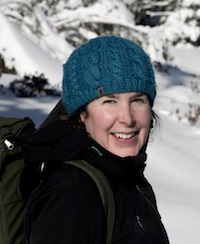 We hope that you'll be able to share in some of the feelings experienced by our visitors as you listen to all the interesting tidbits of information shared by your host, Fiona Cuthbert. Drop by the touch tank next time you're in Norris Point and discover your own reaction to these prickly, pinchy and sometimes slimy creatures!
We hope that you'll be able to share in some of the feelings experienced by our visitors as you listen to all the interesting tidbits of information shared by your host, Fiona Cuthbert. Drop by the touch tank next time you're in Norris Point and discover your own reaction to these prickly, pinchy and sometimes slimy creatures!
Not working? Click here.
Kristen Lowitt (2013). A Dissertation submitted to the School of Graduate Studies in partial fulfillment of the requirements for the degree of Doctor of Philosophy in Interdisciplinary Studies. Interdisciplinary Studies PhD Program, Memorial University of Newfoundland.
Author: Joe Wroblewski
Genre: Non-Fiction
Publish Date: 2013-06-12
ISBN: 978-1-55081-410-1
Softcover: $32.95
A fjord on the west coast of Newfoundland, Bonne Bay finds itself surrounded by the lands of Gros Morne National Park - a Unesco World Heritage Site. Drawing on years of research conducted at The Bonne Bay Marine Station, author Joe Wroblewski offers a comprehensive guide to this important marine ecosystem. With vivid photos, helpful illustrations, and clear descriptions to assist in the identification and understanding of each species, Marine Wildlife of Bonne Bay is both a practical guide and a prescient call for environmental stewardship to protect this most valuable habitat and its resources.
Joseph Wroblewski is a professor in the Department of Ocean Sciences at Memorial University in St. John's and a researcher at the Bonne Bay Marine Station on the island's west coast.
People and the Sea Film Festival Inc. is guided by a volunteer board. The festival's mandate is to organize and promote an annual festival that includes Newfoundland and Labrador, Canadian, and international films as well as provide a venue for new production and discussion of films dealing with the interactions between people and the sea.
Main site: www.peopleandtheseafilmfestival.com
Facebook: www.facebook.com/peopleandtheseafilm
Voice of Bonne Bay interview with Dr. Barbara Neis:
Not working? Click here.
A report prepared for The Leslie Harris Centre of Regional Policy and Development Memorial University of Newfoundland by Paul Foley, Charles Mather and Barbara Neis.

 Marine Station
Marine Station
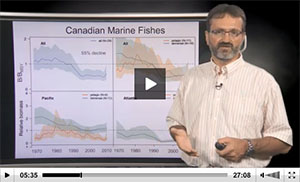

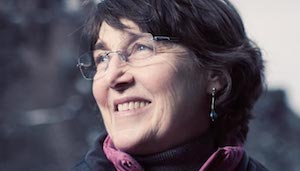
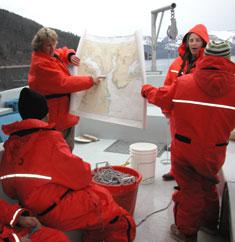
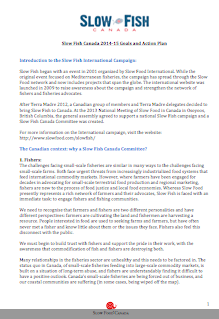
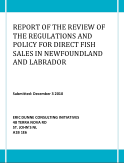
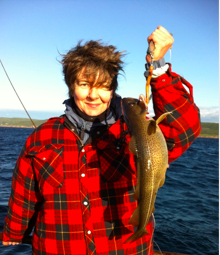
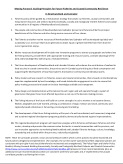
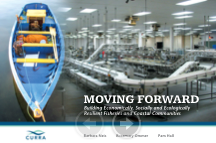
.png)
